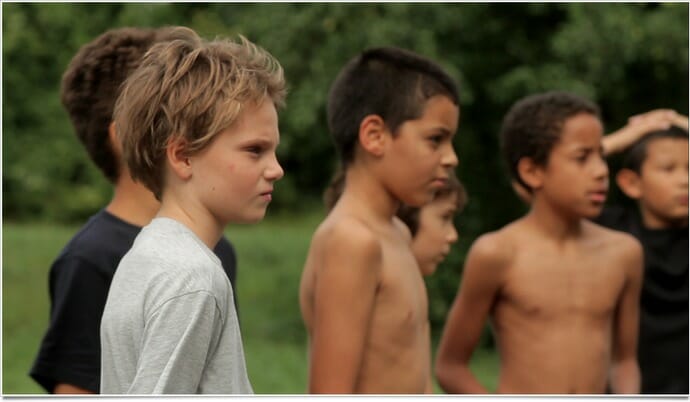Tomboy

Laure (Zoé Héran) is going through a lot: Her dad got a new job, so her family had to move—again. Her mom is about give birth to her baby brother. And all of her new friends think she’s a boy.
-

-

-

-

-

-

-

-

-

-

-

-

-

-

-

-

-

-

-

-

-

-

-

-

-

-

-

-

-

-

-

-

-

-

-

-

-

-

-

-








































